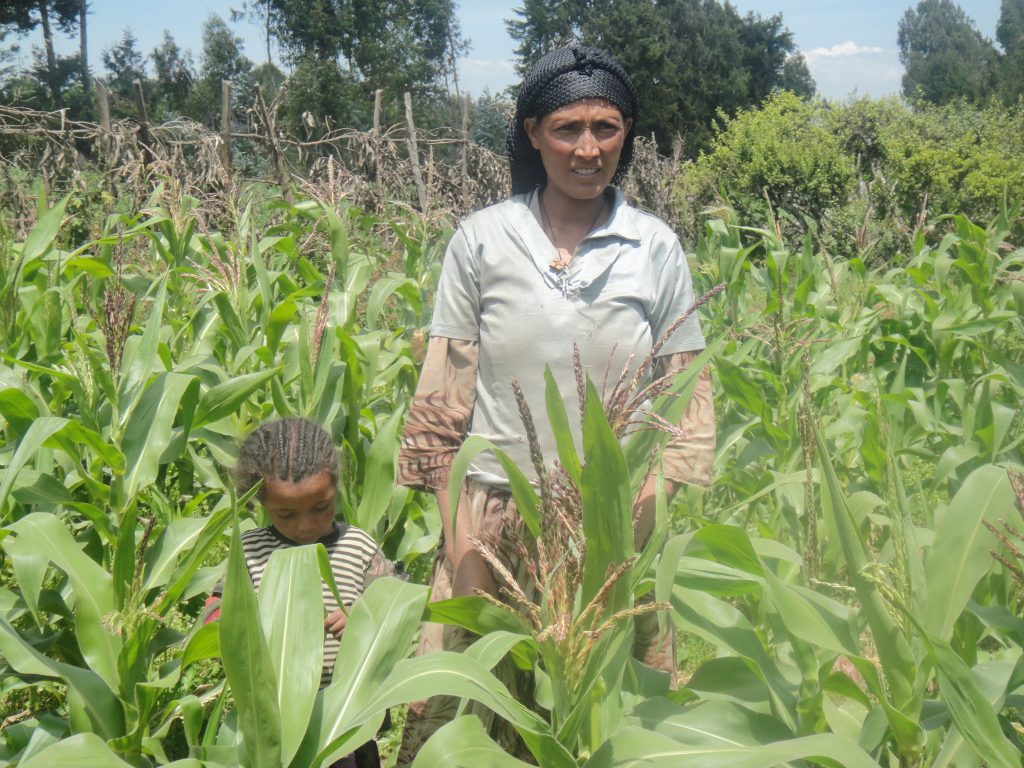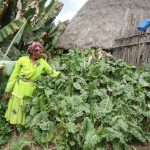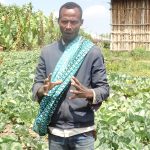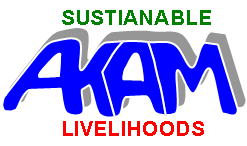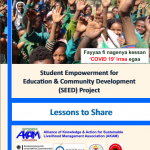Women Empowerment for improved Livelihoods, Income & Nutrition (WELIN)
Rationale
Women farmers are less productive and therefore less able to ensure their nutrition and food security. They are also disadvantaged by their heavy workloads and cultural norms that give them little decision-making power in the household and community and deny them access to agricultural extension, inputs, and credit. However, women need their own income because they are partly heads of households (10%), and are generally responsible for smaller but regular household, school, and health expenses.
The project addresses the need of the women farmers.
- Insufficient production of nutrition-dense foods leading to inadequate diversity and quality of food
- Increased vulnerability to climate change effects and degradation of natural resources
- Insufficient income and employment generation opportunities and poor market linkage
- Gender inequality: decision making, workload, social norms, cultural values, and customs that put women at a subordinated position
- Insufficient knowledge and skills of women to use opportunities
The project integrates nutrition-sensitiveness and climate-smartness in agriculture, gardening, and agro-forestry practices with women empowerment and gender equality approaches leading to multiple benefits for women farmers and their families (food, nutrition, profit, knowledge and skills, climate resilience, carbon sequestration and gender equality). In nutshell, the poor and vulnerable women farmers will be supported to become self-reliant; increase production of diverse and nutrition-dense foods; conserve natural resources; improve processing, storage and marketing of surplus produce; change nutrition behaviours; generate income from different sources; and improve gender roles, household relations (workload and decision making); and participation in and leadership of community development.
The Project duration is from October 2021 to December 2024. It will be implemented in 10 rural kebeles in four districts (Ambo, Dendi, Dawo, and Woliso) located in West Shewa and South West Shewa Zones of Oromia Regional State, Ethiopia. The project target districts and kebeles are adjacent to each other and facilitate learning from each other and operational efficiency.
Objectives and expected results
The Women Empowerment project contributes to the improvement of the economic status and well-being of poor and vulnerable women farmers in four neighbouring districts in the Oromia Region, Ethiopia. The project objective is for 1,200 women farmers (organised into 60 women economic groups-WEGs) to empower and increase the production & consumption of nutritious foods, increased income and strengthened resilience to climate and agricultural risks by end of 2024.
The specific objectives (outcomes) expected are the following:
1. 1,200 women smallholder farmers have successfully organized themselves through training on gender issues and income-generating activities, earning an income and raising their status in the family and community.
2. The nutritional situation and climate resilience of 1,200 families have improved through the application of agro-ecological methods.
3. Governmental and non-governmental stakeholders at local (kebele) and district (woreda) levels are aware of and support gender equity and agro-ecological practices.
4. AKAM’s project management, networking and outreach skills have improved.
Progress to date
So far the following activities were undertaken:
- Community meetings were undertaken in 10 target communities
- Inception workshops were undertaken with project implmeting partners ad stakeholders
- 41 (out of 60) women economic groups were establishment and received group development training
- Technical training on climate smart agriculutre, gardening, agroforestry and soil fertility management practices were provided to women farmers in 41 WEGs
- Business development training
- provision start up seed for production of nutrition dense crops
- Providion of start up agricultural and gardening tools for training, group and community development activities
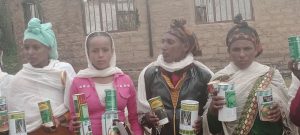
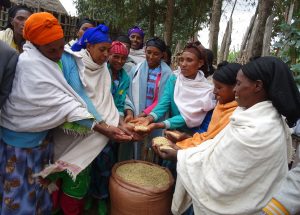
Testimonies
xxx.
XXX
